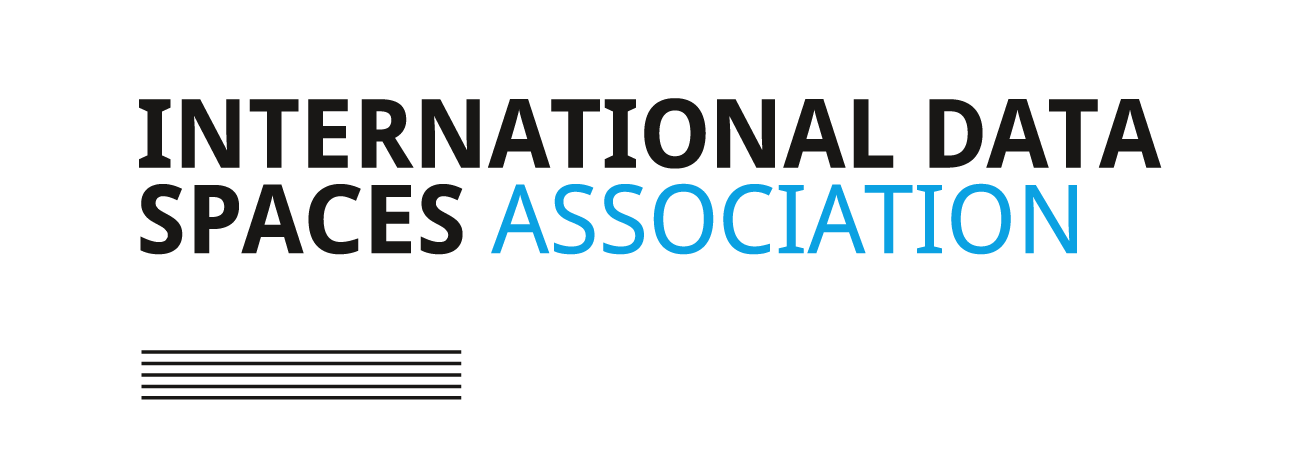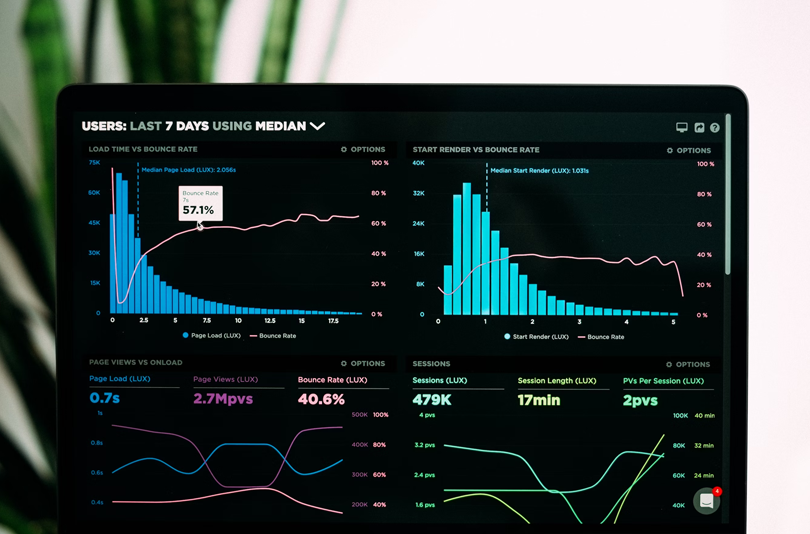Why Data Spaces?
Data Spaces are the solution to accelerate the data economy and enable data sharing. They provide a decentralized, standardized and trusted architecture for data-based use cases. Data Spaces enable interoperability which allows communication between participants and rapid scalability of use cases. Data can be easily shared between different IT landscapes of these participants while defining how or when their data can be used. Sovereign data sharing allows innovation, new digital products or services, improved collaboration and higher transparency.
As a Data Space Authority, you retain full control over your Data Space. You define general rules (e.g., business model, fees, participants, purpose), compliance topics (e.g., local regulations, transparency, cybersecurity) as well as the tech landscape (e.g., components, control mechanisms, visibility of participants).
Standardized data sharing
Interoperable connectivity
Easy scalability of use cases
Decentralized and federated architecture
Several components define the architecture of Data Spaces
In the pursuit of interoperability and automated data sharing for use cases, a critical requirement is the establishment of common, accepted, and standardized vocabulary. The vocabulary hub stores all standardized data models defined by Data Spaces. Users can load these models for their usage in use cases.
Benefits of sovity Data Space
sovity provides a fully managed and scalable Data Space following common standards from IDSA, Eclipse Foundation and Gaia-X. A standardized setup can be made available within a couple of days, adjusted to your needs, to realize data-driven use cases.
Fully hosted and maintained
sovity ensures a reliable service
Accelerated kickstart
Immediately start building use cases, onboard participants
Focus on value creation
Concentrate on using the shared data and develop apps or services
Compliant with standards
sovity’s Data Space is based on open source software and follows standards from Gaia-X and IDS
Continuously enhanced
Data Space components are further developed according to our customer base.
Our offering
Complete data space at all levels of service
Regardless of your individual Data Space requirements, whether it is a testbed to explore Data Space technologies, developing a PoC with partners, or building a fully scalable and productive Data Space, we provide you a complete Data Space on all level according to your needs.
- High reliability
- Fast and secure
- Industry-proven
- Quickly available
- Centralized, decentralized or federated
- Compatible with EDC
- Scheduled crawling of data offerings
- Integrated with great user experience
- Enhanced filter, cluster and search functions
- User management
- Roles and rights
- Registering Connectors
- Check status of Data Space components
- Access service desk, knowledge base and other important systems
- Open source core
- Catena-X proven
- EDC integration
- High availability and storage
- Customized solution
- Based on industry standards
- Quickly available
- Take advantage of the open core adapted to your needs
Our solution is based on:



Which domains use Data Spaces?
Data Spaces increase in all domains, where data is created and shared.

Automotive industry
Use cases connect systems from different participants in a value chain of a car to improve product and availability or report errors – traceability

Manufacturing
Tracking CO2 emissions along production processes requires connecting thousands of parties to share sensitive data – product carbon footprint

Mobility and Smart City
Transformation of mobility by connecting sensors with parking garages and cameras in cars – smart parking and Smart Cities

Energy
Data monetization and cross-industry collaboration allows new products – smart grid and utility planning
- Manufacturing
- Energy
- Health
- Smart city
- Finance
- Logistics
- Manufacturing
- Energy
- Health
- Smart city
- Finance
- Logistics
Use Cases
Various use cases can be realized with Data Space technology. IT systems need to communicate automated with each other. Data Spaces are especially relevant for cases, that share sensitive data with multiple parties. Use cases are about improving user experience, creating new products/services, enhancing collaboration/transparency or innovation. In addition, data monetization is easy with Data Spaces. Data owner can define usage conditions and offer their data in a catalog of a Data Space.
Traceability
The value chain of a product, from its production to use and recycling, is a complex process involving many players. Standardized and interoperable data chains allow to coordinate and align. The Traceability use case documentations each step, standardized, and shares information, interoperable and sovereign with a Connector. This improves and accelerates processes such as quality management. Companies need to provide a digital bill of material list and share it via a Connector, define policies and benefit from increased transparency and efficient processes.
Product Carbon Footprint
Measuring the carbon footprint of a product (PCF) enables companies and consumers to better understand its environmental impact and aim for more environmentally friendly options.
The challenge is to obtain the CO2 data from upstream and downstream value-adding processes. Different measuring standards make this process untrustworthy. Companies can use Data Space standards to share the information and to calculate their PCF. The trustworthy calculation over the entire value chain can be shared it with partners and customers.
Smart Parking
Finding a car parking space in crowded cities can be painful and produces unnecessary CO2. This can be improved if the driver receives real-time information where the nearest parking space is available. Data from multiple components is gathered, analyzed and fed back into the car. Data sources are parking garages, sensors from Smart Cities, cameras, sensors from cars driving. The Data Space technology gathers the data and runs logic on it while protecting the rights of the data owners.
Data monetization in Energy
Utility companies are moving away from large-scale energy production to decentralized power plants such as photovoltaic or wind energy. To calculate the grid capacities information from various participants in the energy sector is required. Data Space technology is used to sell information from energy producers to grid operators, so grid capacities can efficiently and effectively be estimated to avoid deadlocks or under-capacities. Data owners define the usage conditions, prices and offer their valuable data in a Data Space catalog.
Traceability
The value chain of a product, from its production to use and recycling, is a complex process involving many players. Standardized and interoperable data chains allow to coordinate and align. The Traceability use case documentations each step, standardized, and shares information, interoperable and sovereign with a Connector. This improves and accelerates processes such as quality management. Companies need to provide a digital bill of material list and share it via a Connector, define policies and benefit from increased transparency and efficient processes.
Product Carbon Footprint
Measuring the carbon footprint of a product (PCF) enables companies and consumers to better understand its environmental impact and aim for more environmentally friendly options.
The challenge is to obtain the CO2 data from upstream and downstream value-adding processes. Different measuring standards make this process untrustworthy. Companies can use Data Space standards to share the information and to calculate their PCF. The trustworthy calculation over the entire value chain can be shared it with partners and customers.
Smart Parking
Finding a car parking space in crowded cities can be painful and produces unnecessary CO2. This can be improved if the driver receives real-time information where the nearest parking space is available. Data from multiple components is gathered, analyzed and fed back into the car. Data sources are parking garages, sensors from Smart Cities, cameras, sensors from cars driving. The Data Space technology gathers the data and runs logic on it while protecting the rights of the data owners.
Data monetization in Energy
Utility companies are moving away from large-scale energy production to decentralized power plants such as photovoltaic or wind energy. To calculate the grid capacities information from various participants in the energy sector is required. Data Space technology is used to sell information from energy producers to grid operators, so grid capacities can efficiently and effectively be estimated to avoid deadlocks or under-capacities. Data owners define the usage conditions, prices and offer their valuable data in a Data Space catalog.
sovity shapes highly relevant Data Space initiatives
Already many Data Space initiatives exist in various domains or industries, more are continuously initiated. Data Spaces like Catena-X or the Mobility Data Space focus on solving industry specific problems and enable innovative use cases.
Initiatives like Gaia-x or the IDSA are essential for the further standardization of Data Spaces as a whole.







